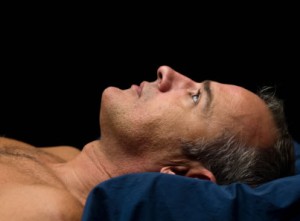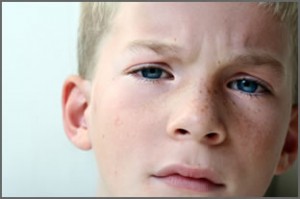
The more job satisfaction you have, the better you sleep, say researchers
The employed and self-employed enjoy much better sleep than those out of work, according to Understanding Society, the world’s largest longitudinal household study. Those who are unemployed are over 40% more likely to report difficulty staying asleep than those in employment (having controlled for age and gender differences). However, job satisfaction affects the quality of sleep with 33% of the most dissatisfied employees report poor sleep quality compared to only 18% of the most satisfied.
Analysis of the early data from Understanding Society based on 14,000 UK households found that overall the best sleep was reported by people with higher levels of education and by married people. The type of work a person does also impacts on sleep, with those in routine occupations reporting worse sleep than those in professional occupations.
Professor Sara Arber at the University of Surrey who analysed the findings said: “Given the links between sleep, social and economic circumstances and poor health found in this and other surveys, health promotion campaigns should be open to the possibility that the increased incidence of sleep problems among the disadvantaged in society may be one factor leading to their poorer health.”
Understanding Society is funded by the Economic and Social Research Council and managed by the Institute of Social and Economic Research (ISER) at the University of Essex. It follows 40,000 UK household over many years, and sleep data will be collected annually. [continue reading…]

© iStockphoto
Research shows that about one in 10 children and adolescents suffer from an anxiety disorder. Further, about five to eight percent suffer from depression. Both these relatively common psychological disturbances have serious long term consequences for children and adolescents if left untreated.
While many parents seek help for their children, research has shown that not all of these children will receive competently administered treatment that is based on the latest research findings and clinical advances in the field. Unfortunately for parents, there is no way to know whether their therapist’s practice meets worldwide standards.
To address this problem, researchers Elizabeth Sburlati, Carolyn Schniering, Heidi Lyneham and Ronald Rapee from the University’s Centre for Emotional Health have now turned their attention to developing a standardised model of therapist competencies for treating children and adolescents with anxiety and depressive disorders.The researcher’s findings have recently been published online in the international journal Clinical Child and Family Psychology Review. [continue reading…]

© iStockphoto
Psychiatrists have warned that the number of men with depression could rise because of changes in Western society.
An article in the British Journal of Psychiatry suggests economic and social changes will erode traditional sources of male self-esteem.
The authors say men will struggle with the shift away from traditional male and female roles. Curious? Continue reading…..
Source: BBC News

Photo credit: Sarah Day
esults from a new study contribute to growing evidence that if one of your parents has Alzheimer’s disease, the chances of inheriting it from your mother are higher than from your father. The study is published in the March 1, 2011, print issue of Neurology®, the medical journal of the
American Academy of Neurology.
“It is estimated that people who have first-degree relatives with Alzheimer’s disease are four to 10 times more likely to develop the disease themselves compared to people with no family history,” said study author Robyn Honea, DPhil, of the University of Kansas School of Medicine in Kansas City.
For the study, 53 dementia-free people age 60 and over were followed for two years. Eleven participants reported having a mother with Alzheimer’s disease, 10 had a father with Alzheimer’s disease and 32 had no history of the disease in their family. The groups were given brain scans and cognitive tests throughout the study.
The researchers found that people with a mother who had Alzheimer’s disease had twice as much gray matter shrinkage as the groups who had a father or no parent with Alzheimer’s disease. In addition, those who had a mother with Alzheimer’s disease had about one and a half times more whole brain shrinkage per year compared to those who had a father with the disease. Shrinking of the brain, or brain atrophy, occurs in Alzheimer’s disease. [continue reading…]




